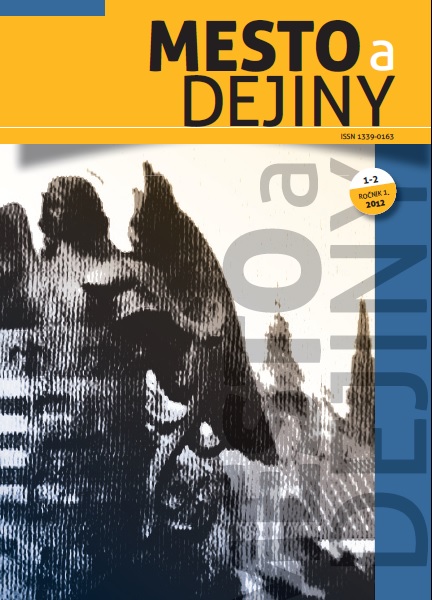Family Strategies of Opavian Burgher Elites in the Period of Religious Transformation
Family Strategies of Opavian Burgher Elites in the Period of Religious Transformation
Author(s): Irena Korbelářová, Radmila DluhošováSubject(s): Christian Theology and Religion, History, Social Sciences, Cultural history, History of Church(es), Economic history, Ethnohistory, Local History / Microhistory, Modern Age, Theology and Religion, 17th Century, History of Religion
Published by: Univerzita Pavla Jozefa Šafárika v Košiciach
Keywords: Opava; Religious transformation; Silesian principalities; Burgher elites;
Summary/Abstract: The study deals with the characteristics of Opava, the metropolis of one of the Silesian principalities in the period of completion of political and religious transformation (circa 1630 – 1660) and culminating transformation of the burgher society. Its elites are classified as people (and their families) with the highest extent of social prestige and political rights that shaped the public life of the locality in a fundamental way. It states that in Opava in the given period it concerned estimated 20 – 25 people/families out of circa 300 burgher families and 500 – 600 settled families. It perceives family strategies as intentional steps and activities aimed towards improving and strengthening of the positions of an individual and his or her family in the private, professional and public areas, and ensuring (improving) the status of the descendants in the town, respectively the country society. Based on the present micro-studies, it declares the initial theses for the consequent research considering the following strategies: 1. ensuring and enlarging of the real estates of municipal and free (nobility) character as a source of strengthening the social status and influence, as well as securing the family positions, 2. nobilitation as a source of achieving an exceptional position in the municipal society, 3. transitional rituals (marriage, christening, funeral) where the most substantial role is seen in the marriage policy and the choice of partners for the members of the elites and their children, or alternatively the closest relatives, 4. support of education and directing of the professional orientation of the descendants. The study also indicates further possible activities that may be included into family strategies that so far stand completely (or almost completely) aside from the interest of historical research of Opava in the given period (expansion of the family memory, marriages across the social classes, motivation and features of private bonds and contacts, relations of burghers and household members without blood and relative bonds, etc.)
Journal: The City and History (Mesto a dejiny until 2019)
- Issue Year: 1/2012
- Issue No: 1-2
- Page Range: 149-157
- Page Count: 9
- Language: English

